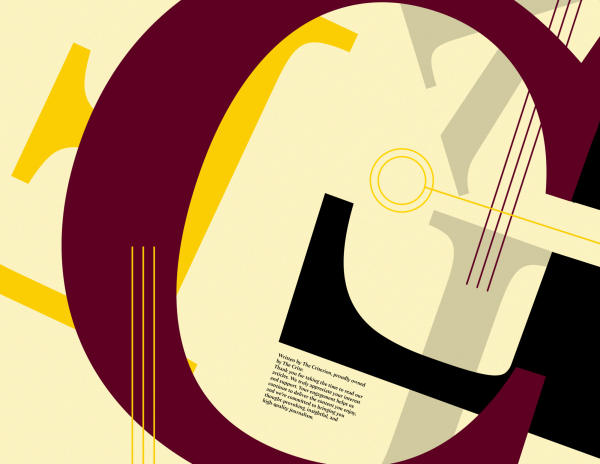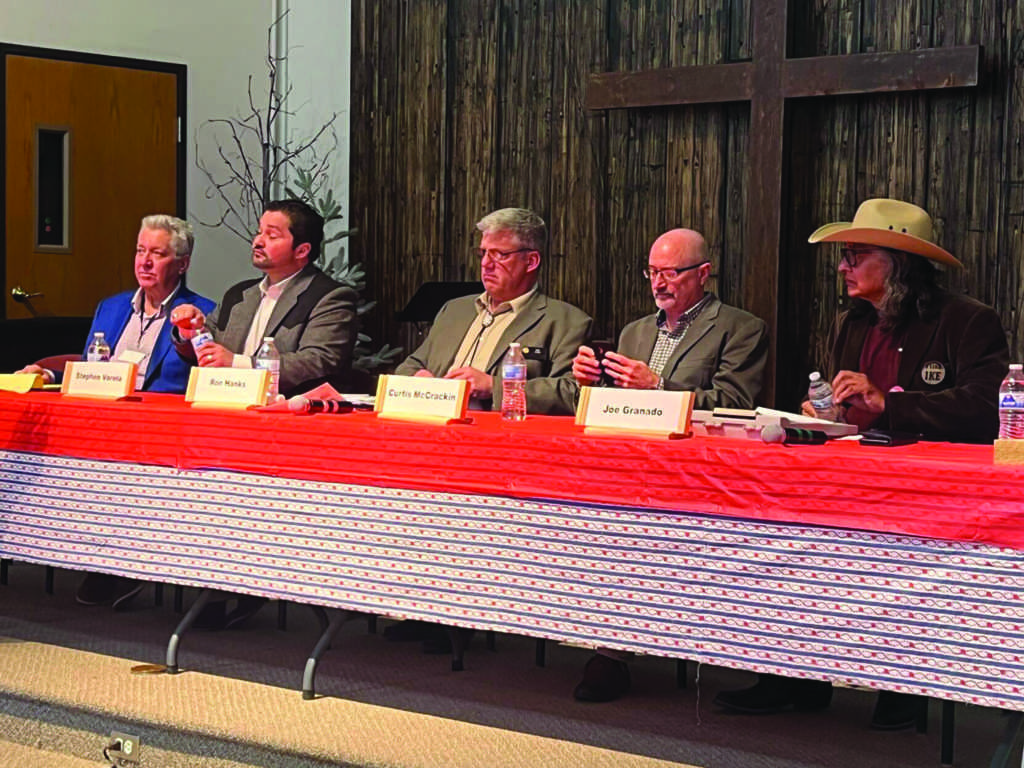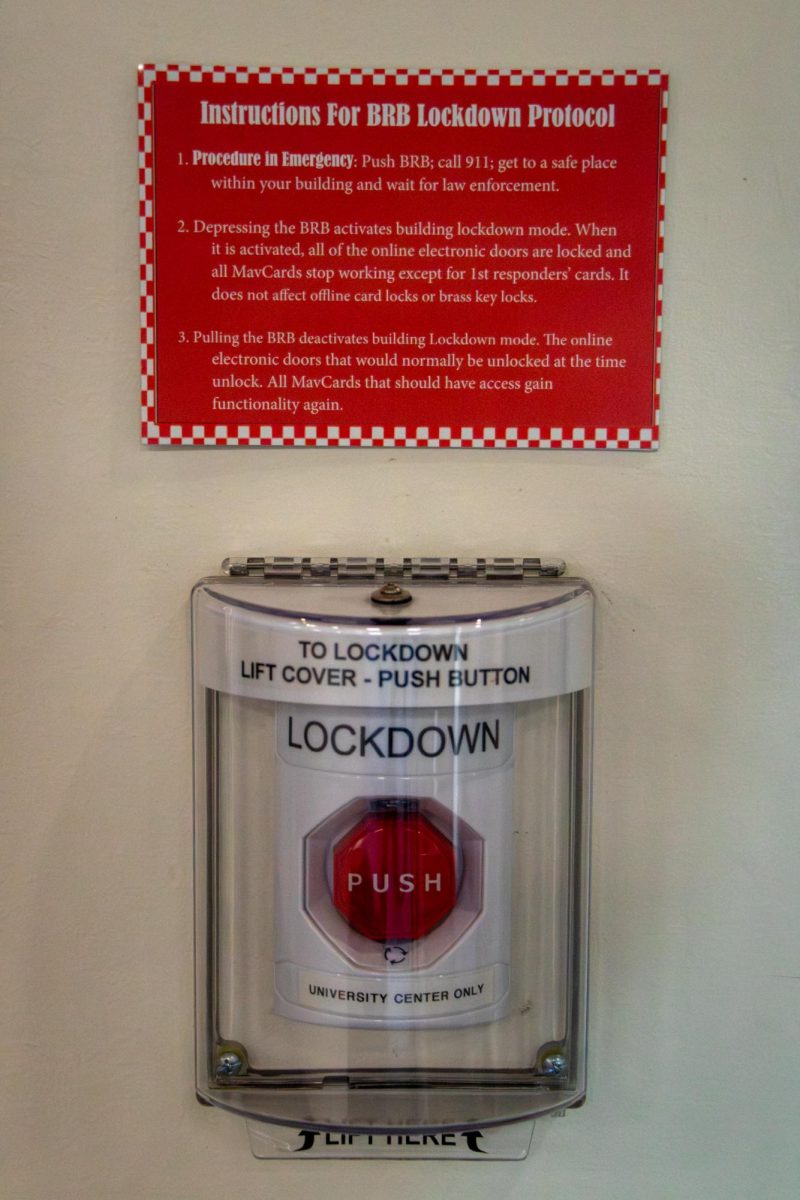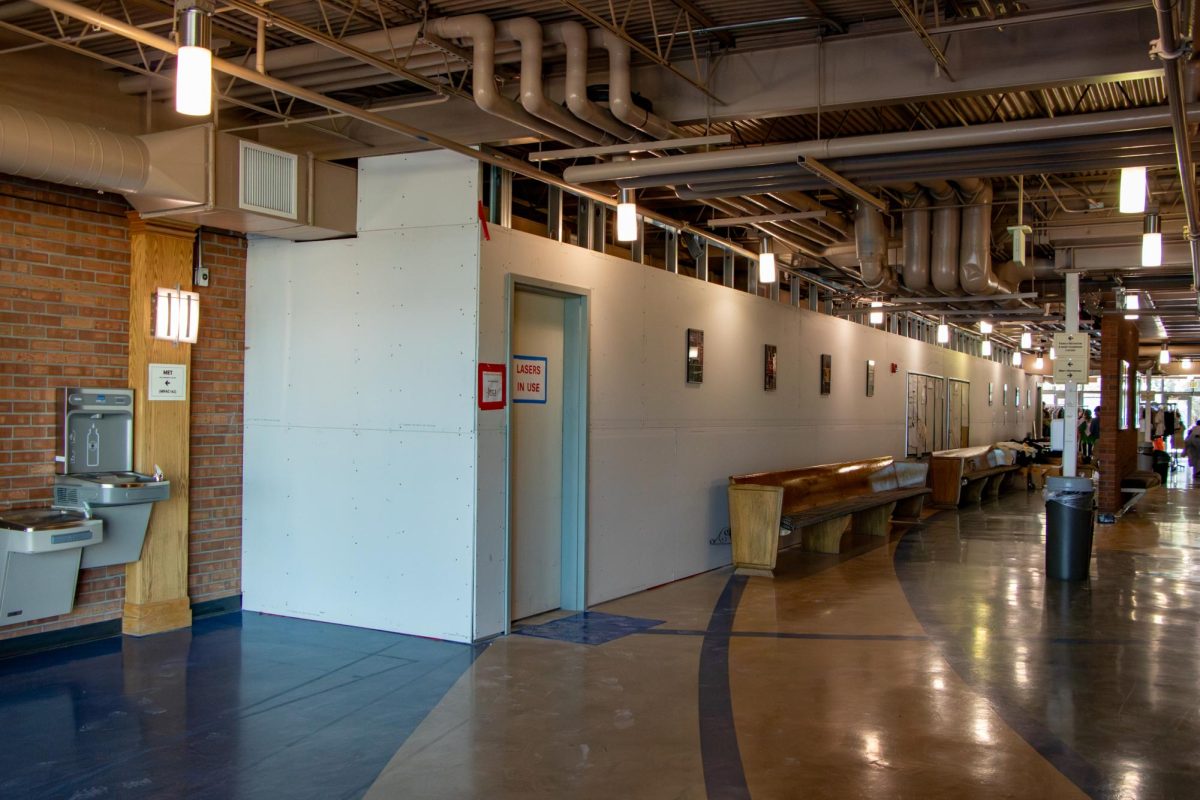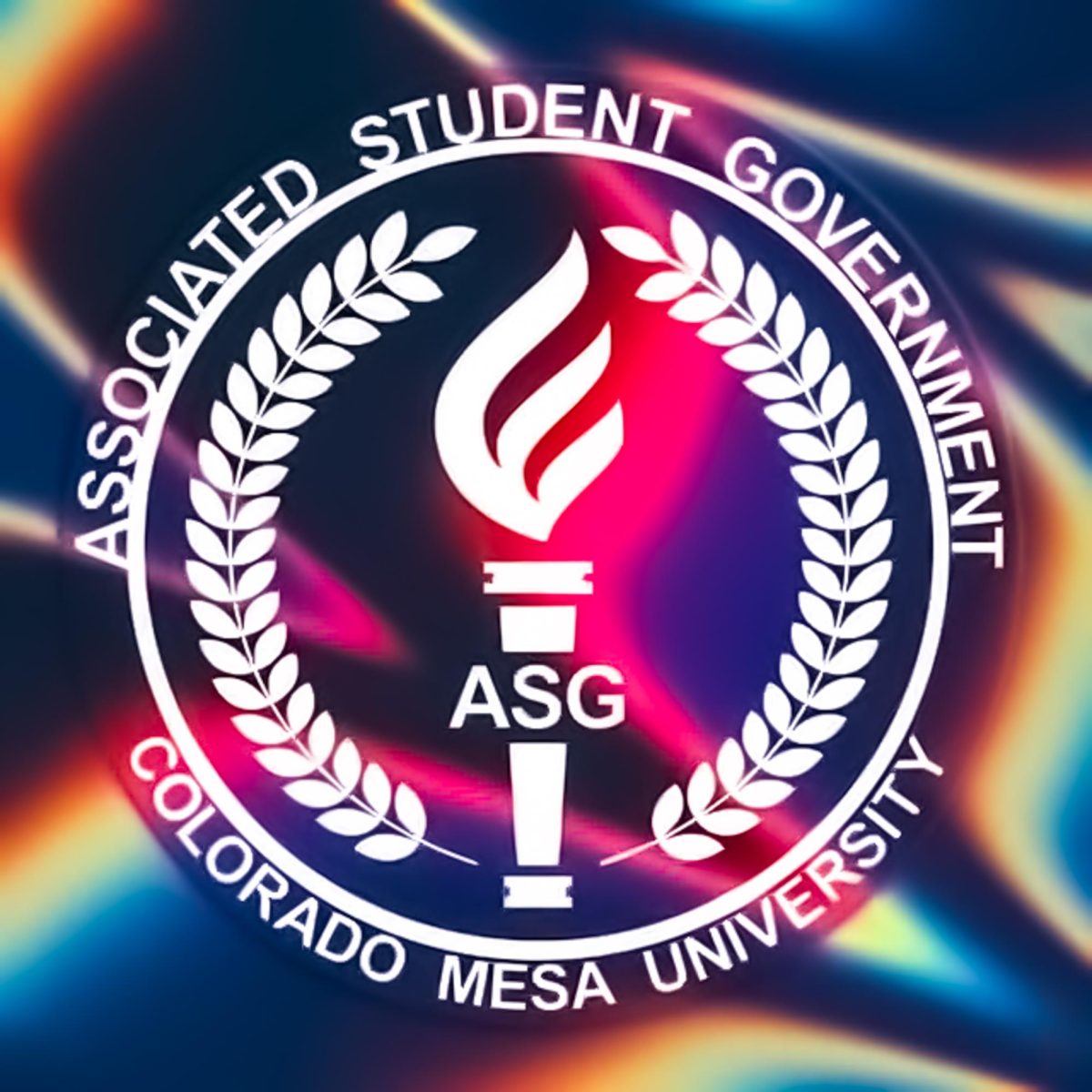The Joint Budget Committee (JBC) from the Colorado State Legislature which is in charge of drafting the state’s budgets, determined that Colorado Mesa University (CMU) violated a recently passed tuition cap for students.
Governor Jared Polis negotiated with public colleges and universities for a cap on how much institutions can raise their tuition per year for each student. These dealings concluded with the General Assembly stating that universities and colleges can only raise tuition by 2%.
The JBC found that 80% of CMU students’ tuition was increased by 3% this year. In a 5-1 vote, the committee issued a $50,000 fine for the Grand Junction university.
However, CMU administrators disagreed with the JBC’s assessment of their tuition increase, arguing that the average increase of tuition across all their institutions was only around 1%.
“The Joint Budget Committee has a difficult job, and we’ve appreciated the opportunity to work alongside them to try and address the significant funding disparities experienced by first-generation and low-income student serving institutions like CMU,” Director of Public Relations Kelsey Coleman said in a written statement to the Colorado Sun. “That said, we respectfully disagree with the staff analysis of the facts. We cut our tuition for career and technical programs by some 40% and averaged a mere 1% overall increase, keeping us one of the most affordable universities anywhere in Colorado.”
The JBC staff responded to CMU’s averaging argument by pointing out that a footnote in the tuition directive passed last year specifically stated that no undergraduate student with in-state classification will pay more than 2% in tuition in the fiscal year of 2022-2023 than that student would have paid in the 2021-2022 fiscal year with the same number of credit hours.
In other words, the average tuition increase being below the threshold does not matter, as the law was implemented to cap the tuition paid by each individual student, not the average increase across all students.
“I know colleges are kind of predatory when it comes to [raising tuition], but the fact they would do it so much that they broke the law is unfair to us, because they already charge us enough for it,” junior in history Trevor Ritzman said.
The tuition increase mostly affects students on the main campus, while the decreases were enjoyed by Western Colorado Community College (WCCC) students.
“If it’s a guideline put into effect, they need to follow it, just like anyone else. I know when I first came back to school, being a non-traditional student and not knowing if I wanted to go for my Bachelor’s, it was a very increased tuition from what I remember 10 years ago. The program to lower tuition at WCCC actually got me back into school, because it had an affordable tuition compared to the traditional program of going the business route. The WCCC tuition decrease is nice, but I don’t think that justifies the tuition increase for the actual CMU programs,” junior in business, viticulture and enology Chris Kotris said.
The fine, which will be levied through a decreased appropriation to the school, still must be approved by the full legislature, which traditionally accepts the recommendations of the JBC.




